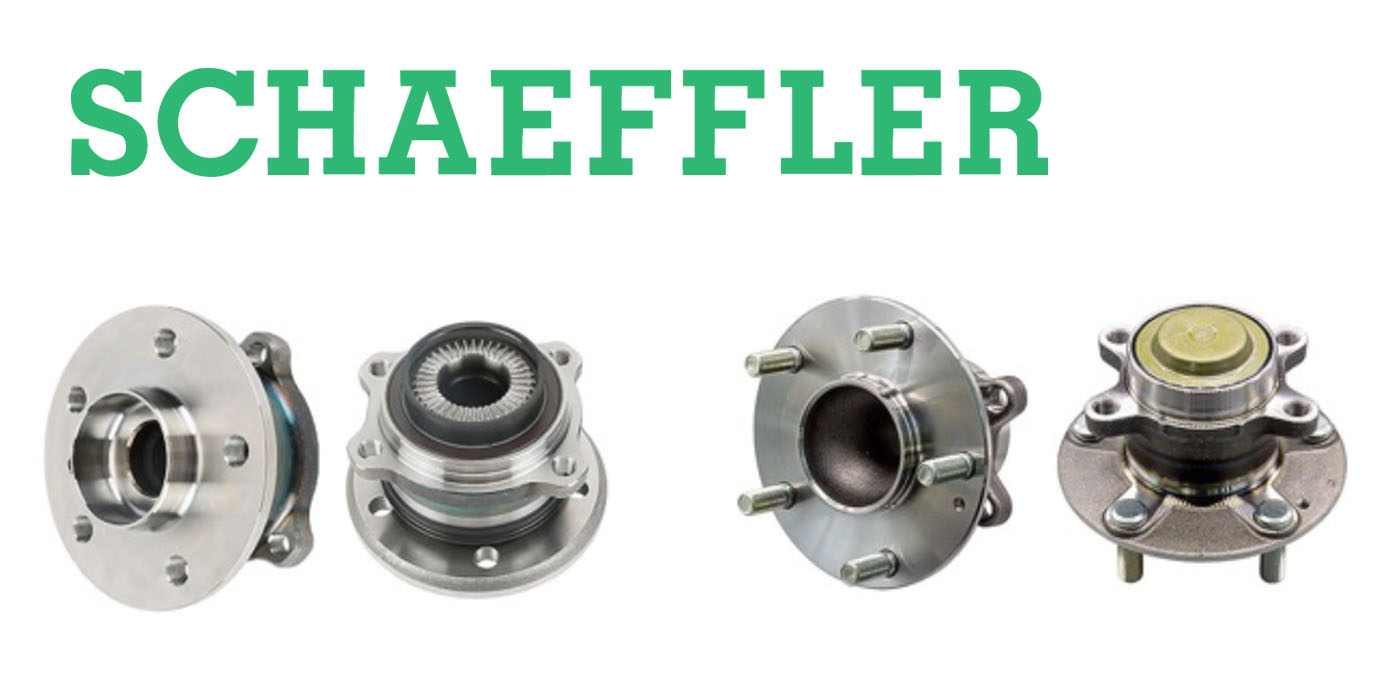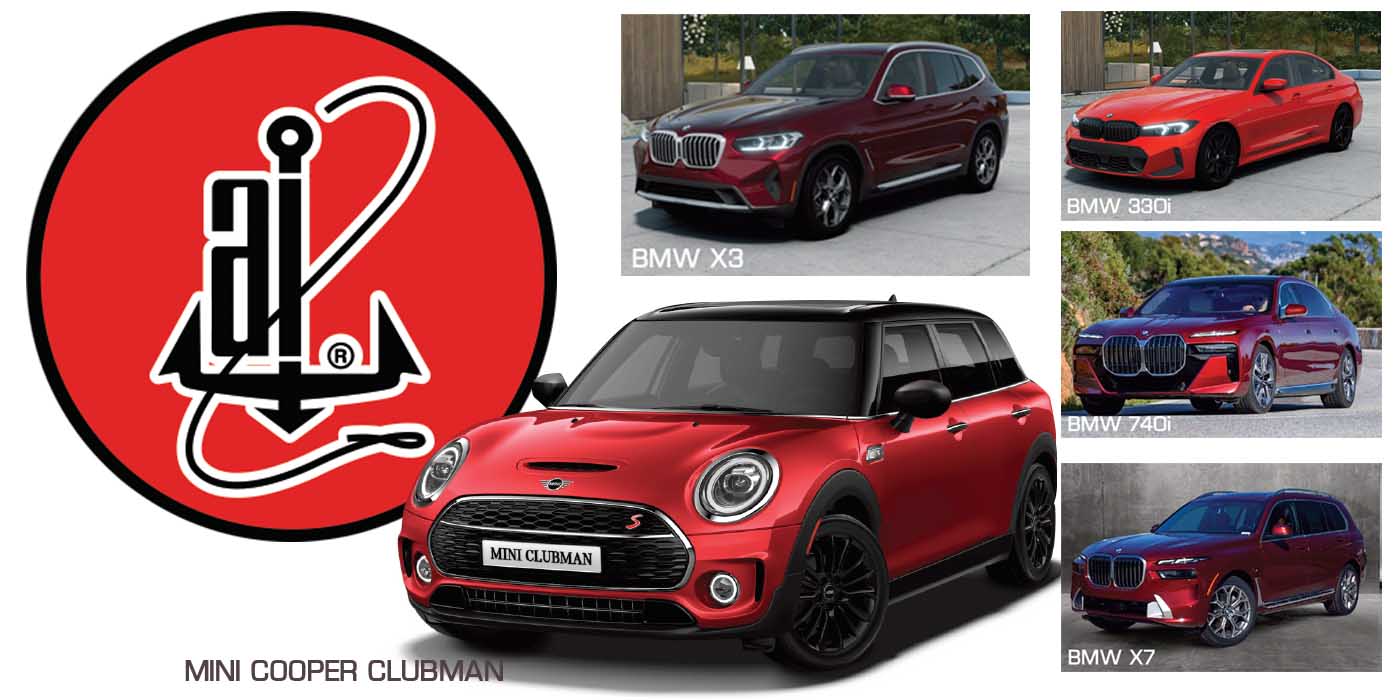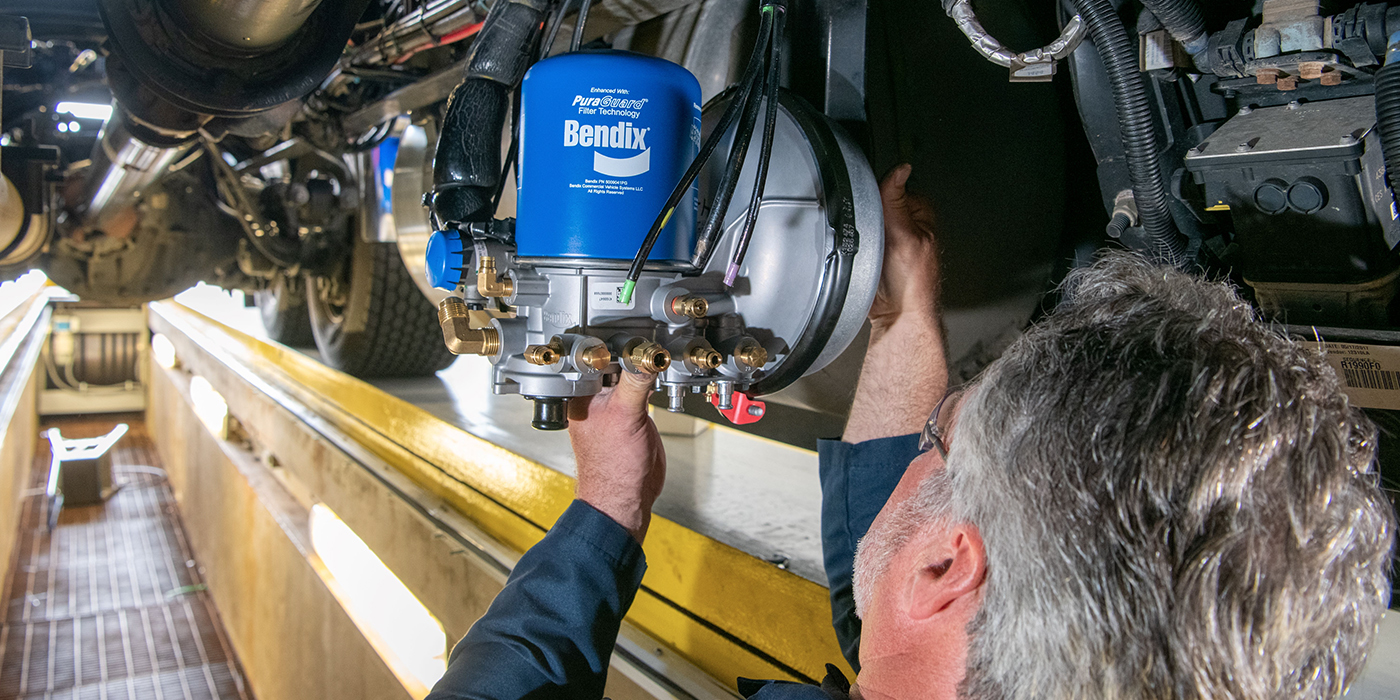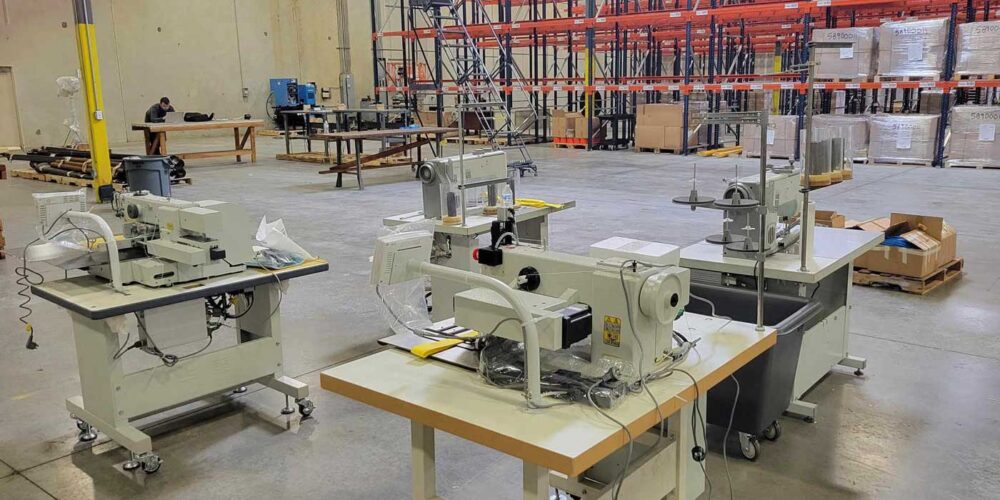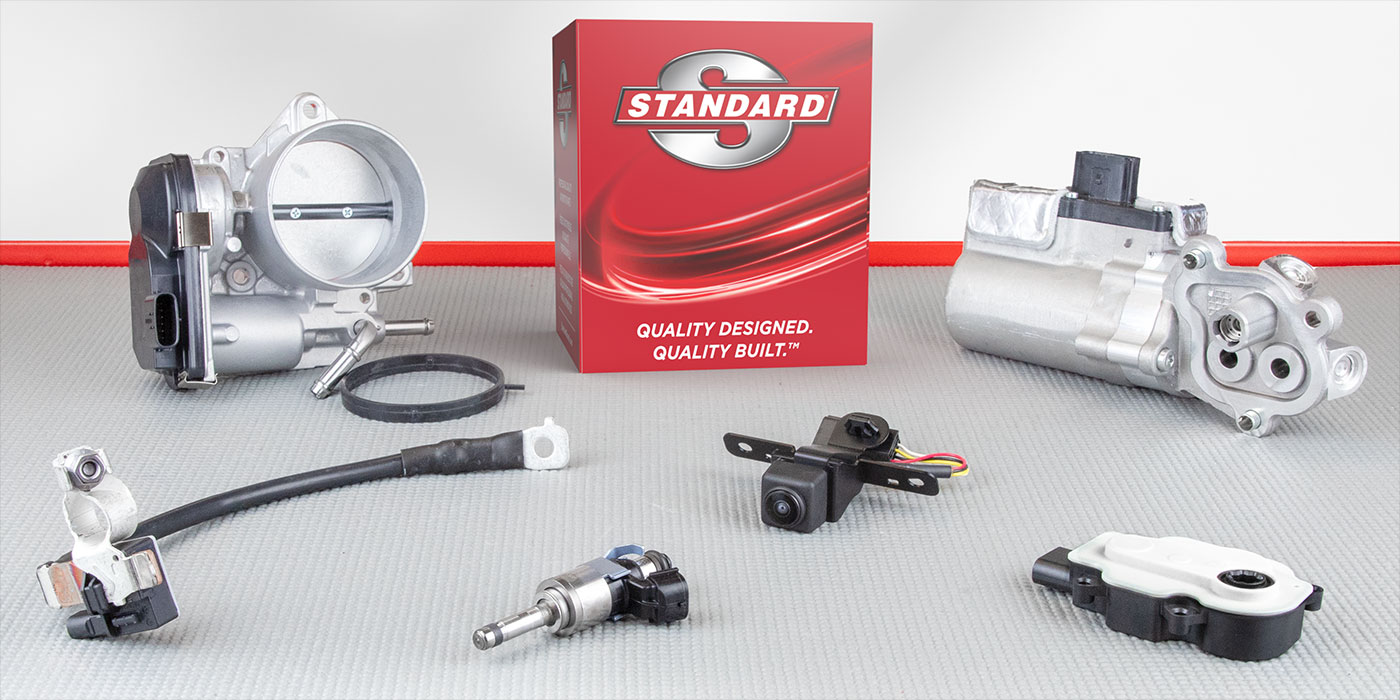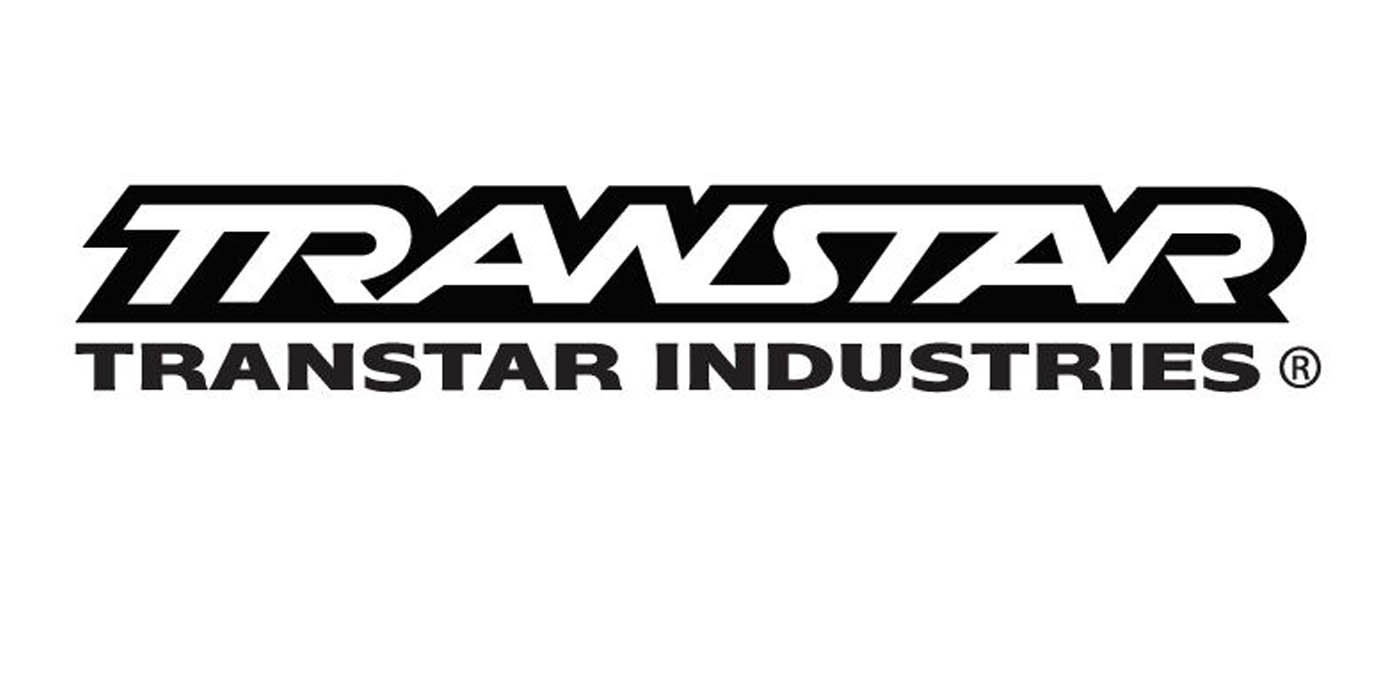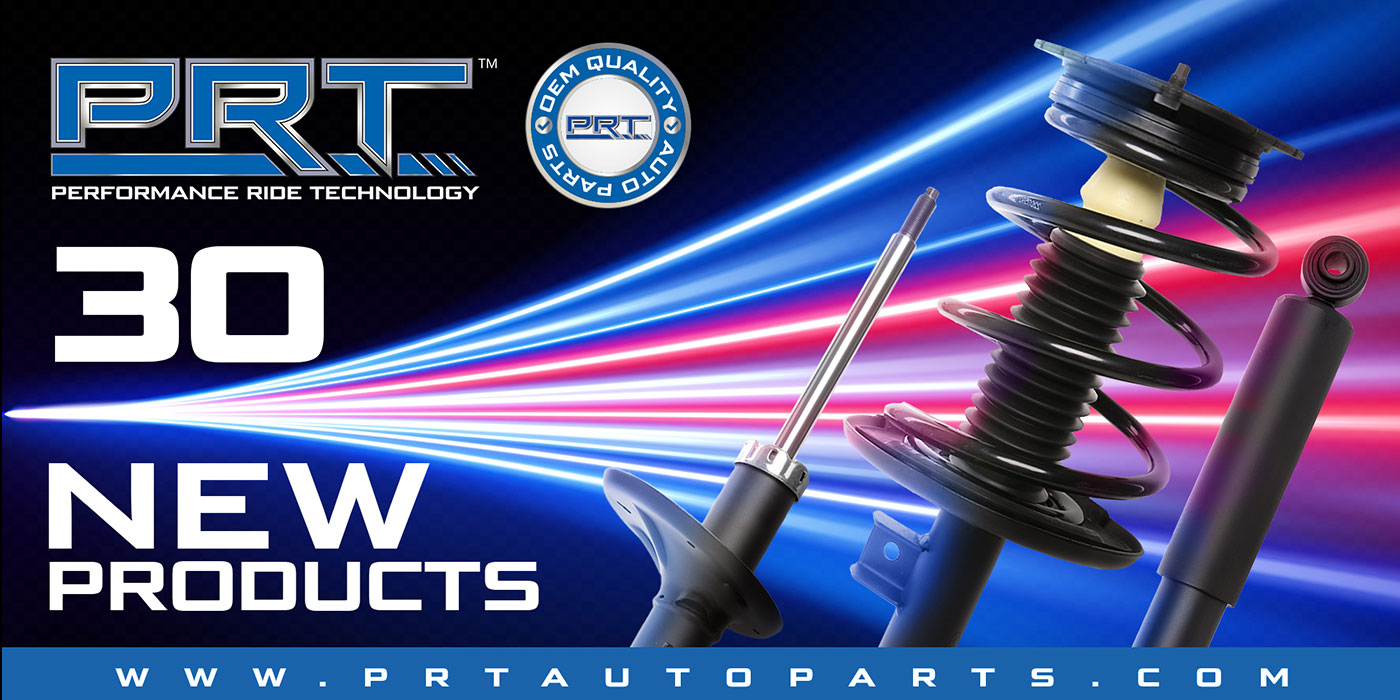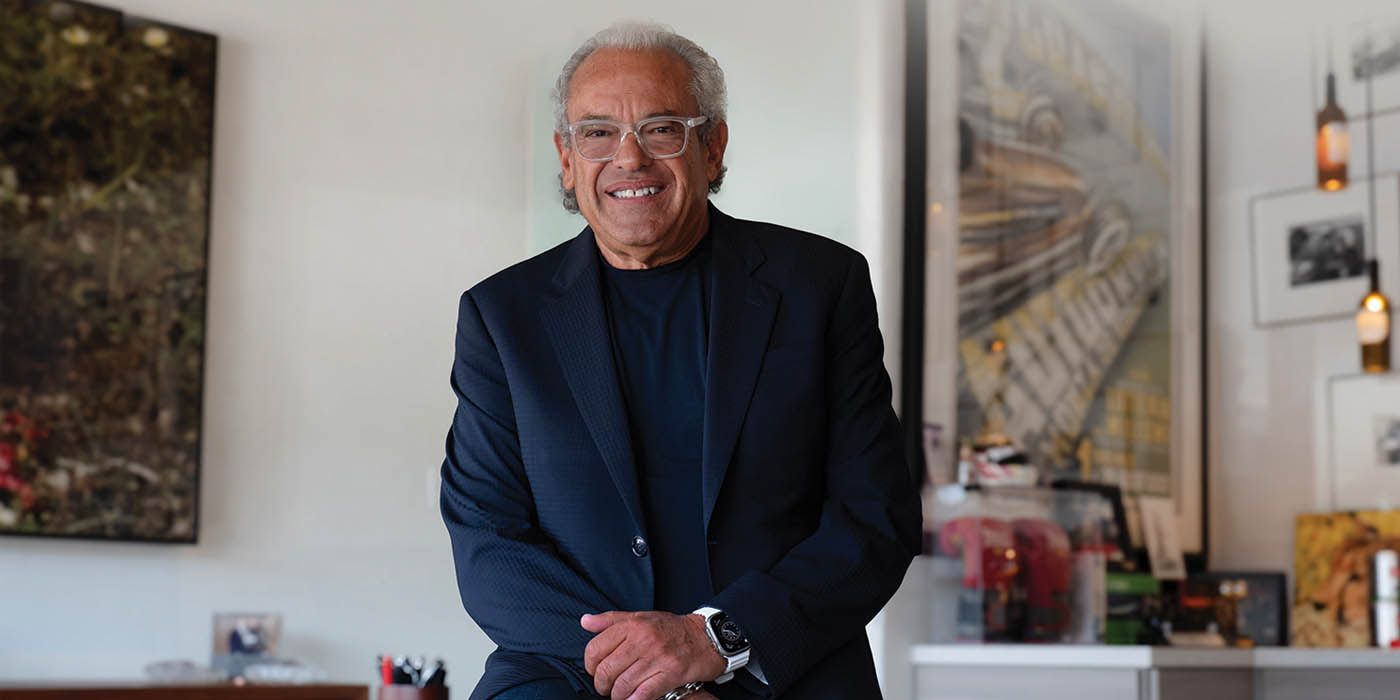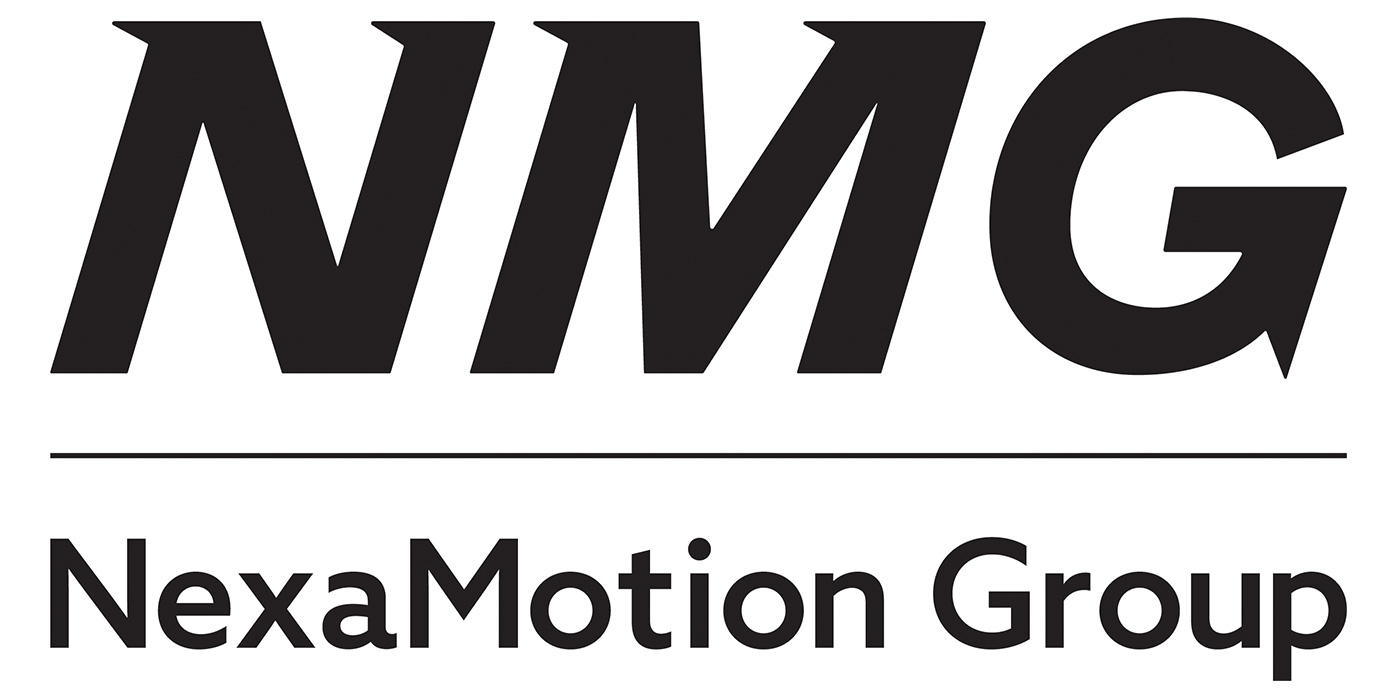NEW YORK — Despite largely positive forecasts for the U.S. auto industry based on a recent uptick in sales, a new survey reports that auto executives are still pessimistic about the industry’s outlook.
Conducted by management consulting firm Booz & Co., the survey found that auto manufacturers and suppliers expect vehicle sales to reach 14.5 million units by 2015, compared to predictions by leading industry forecasters of sales exceeding 16 million vehicles in the same timeframe. However, auto executives balanced this overall pessimistic view with upbeat growth forecasts for their own companies.
A team at Booz & Co. conducted an online survey to calibrate the attitudes and prospects of the U.S. automobile industry in January and February. Participants represented more than 40 leading automobile manufacturers and suppliers, and included more than 200 executives, with 25 percent at the C-suite or executive vice president level. More than 70 percent of the companies represented were North American, while 15 percent were Asian and 12 percent were European.
“Is the U.S. Auto Industry Ready for Economic Recovery?”
The Booz & Co. survey of more than 200 executives from more than 40 companies – including major automobile companies (original equipment manufacturers, or OEMs) and the suppliers that make components for them – found widespread skepticism about the auto industry overall. Although respondents report some improvement since the recent industry restructuring, almost two-thirds believe the industry restructuring did not go far enough in addressing fundamental structural weaknesses and that the industry is not on a path to achieving full return on invested capital. Nearly a third (30 percent) of auto executives expect a major automotive manufacturer to fail in the next two years.
“Although there has been significant improvement in both product strategy and operations as a result of the restructuring, there is still a lot of work to do. Many of the practices that got the industry into trouble could re-emerge, particularly if vehicle production exceeds real market demand,” said Scott Corwin, Booz & Co. Partner.
Auto executives were much more optimistic about their own businesses than the industry at large. In fact, more than 80 percent of respondents expect to gain market share in the next three years. This optimism may be driven by strong results in the current year; 30 percent of supplier respondents and 25 percent of automotive manufacturers anticipate their companies’ revenue growth to exceed 15 percent this year. Sixty percent of suppliers reported that they are actively pursuing acquisitions.
However, both OEMs and suppliers see challenges ahead, perhaps the biggest one looming from China. Fully 90 percent of executives believe that Chinese automakers will make cars equal in quality to American-made vehicles in 10 years. Approximately 50 percent of all survey respondents said this could occur in five years.
In the shorter term, executives at major automotive manufacturers identified several industry challenges. Seventy six percent of these respondents identified increasing competitive pressure as a critical factor for their companies. In addition, 52 percent of OEM executives identified pricing as a challenge, 45 percent expressed concern about the macroeconomic situation, and 34 percent saw labor relations and legacy costs as an ongoing issue.
Said Corwin, “Auto manufacturers are watching their competitors closely to see if their basis for competing is through product excellence and technological innovation, or if they will resort to aggressive pricing to gain share. And there is concern about the impact of the overall economy and when there will be an increase in consumer spending to fuel sales growth.”
Meanwhile, suppliers, many of which have been successful at cutting costs since the industry restructuring, are largely optimistic about their pace of growth over the next year relative to the past two years. In fact, sales are expanding so quickly that 42 percent of supplier executives surveyed said that the availability of engineering and R&D capabilities was the main obstacle to future growth – far more than any other obstacle cited.
Nevertheless, survey results indicate continued difficulties in ensuring long-term sustainability. Supplier executives reported that capturing a low cost position (with 56 percent ranking it in the top two approaches), product quality (37 percent), and global reach to support OEMs (35 percent) are the most vital predictors of their success. On the other end of the spectrum, only 11 percent of auto suppliers said that having a well-defined strategy was a key component to success, and only 4 percent selected market insight. Yet, according to Booz & Co., these are among the prerequisites for achieving a differentiated market position, and thus long-term viability, for most businesses.
“Though most suppliers survived the downturn, only a very few have captured the advantaged position necessary to win long-term and earn a fair return on their invested capital,” said Brian Collie, Booz & Co. principal. “As the business heats up and auto suppliers compete for new vehicle programs, they will need to think carefully about their own distinctive capabilities: what they can do better than anybody else to create a unique place in the competitive landscape of this industry. Only through innovation in cost or performance, helping to create end user demand, or establishing themselves as the supplier best positioned to solve an OEM’s problems will suppliers be able to get on a path to achieving long-term viability.”
Overall, industry executives do not expect alternative powertrains, such as hybrid, diesel, or electric options, to have a major impact in the near term. Almost 75 percent of executives surveyed expect alternative powertrains to account for less than 20 percent of all powertrains by 2020. No single technology is expected to dominate the alternative market, suggesting that a variety of powertrains will compete for a small share of the overall market.
Implications for the Auto Industry
Based on the survey feedback, Booz & Co. identified lessons to help the U.S. automotive industry improve its chances of success in the highly competitive, increasingly global environment ahead.
Booz & Co. advises that suppliers should:
• Better manage their portfolios, focusing on the markets where they have the greatest capabilities and opportunity to create a sustained competitive advantage.
• Continue to aggressively manage costs. Where possible, suppliers and OEMs should promote collaborative cost-based agreements that give automakers full transparency into relevant supplier operations and in return, allow suppliers to earn a fair return on investment.
• As industry consolidation intensifies, proactively assess the industry structure for each core business and reconsider their role moving forward: are they a buyer or a seller?
• Accelerate efforts to find greater leverage with their high-quality product lines through innovating wisely and focusing on areas that create consumer demand.
The full report, “Is the U.S. Auto Industry Ready for Economic Recovery?” is available for download on the Booz & Co. website, booz.com.

